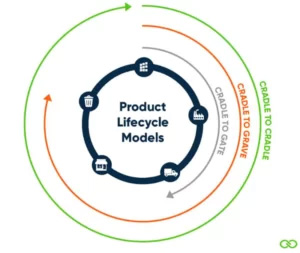We estimate the fossil fuel reserves held by the top 100 listed coal companies and the top 100 listed oil and gas companies represent potential emissions of 745 GtCO2. 
This exceeds the remaining carbon budget of 565 GtCO2 by 180 GtCO2. The potential emissions from listed fossil fuel reserves show that just over half the carbon comes from coal reserves, whilst only 5% is attributable to gas.
This has profound implications for the world’s energy finance structures and means that using just the reserves listed on the world’s stock markets in the next 40 years would be enough to take us beyond 2°C of global warming. This calculation also assumes that no new fossil fuel resources are added to reserves and burnt during this period – an assumption challenged by the harsh reality that fossil fuel companies are investing billions per annum to find and process new reserves. It is estimated that listed oil and gas companies had CAPEX budgets of $798 billion in 2010.6 In addition, over two-thirds of the world’s fossil fuels are held by privately or state owned oil, gas and coal corporations, which are also contributing even more carbon emissions.
Given that only one fifth of the total reserves can be used to stay below 2°C warming, if this is applied uniformly, then only 149 of the 745 GtCO2 listed can be used unmitigated.
This is where the carbon asset bubble is located.
If applied to the world’s stock markets, this could result in a repricing of assets on a scale that would dwarf past profit warnings and revaluation of reserves.
How quickly would we reach unburnable carbon if emissions continue business as usual?
According to the latest IEA projections of energy-related fossil fuel CO2 emissions, unburnable carbon will be reached in just 16 years if energy consumption continues unfettered.7 This is based on global annual energy emissions increasing from 30.12 GtCO2 in 2011 to 37.58 GtCO2 in 2027, totalling 570.11 GtCO2 over the period.
Extract from “Unburnable Carbon – Are the world’s financial markets carrying a carbon bubble?” (From Carbon Track)





